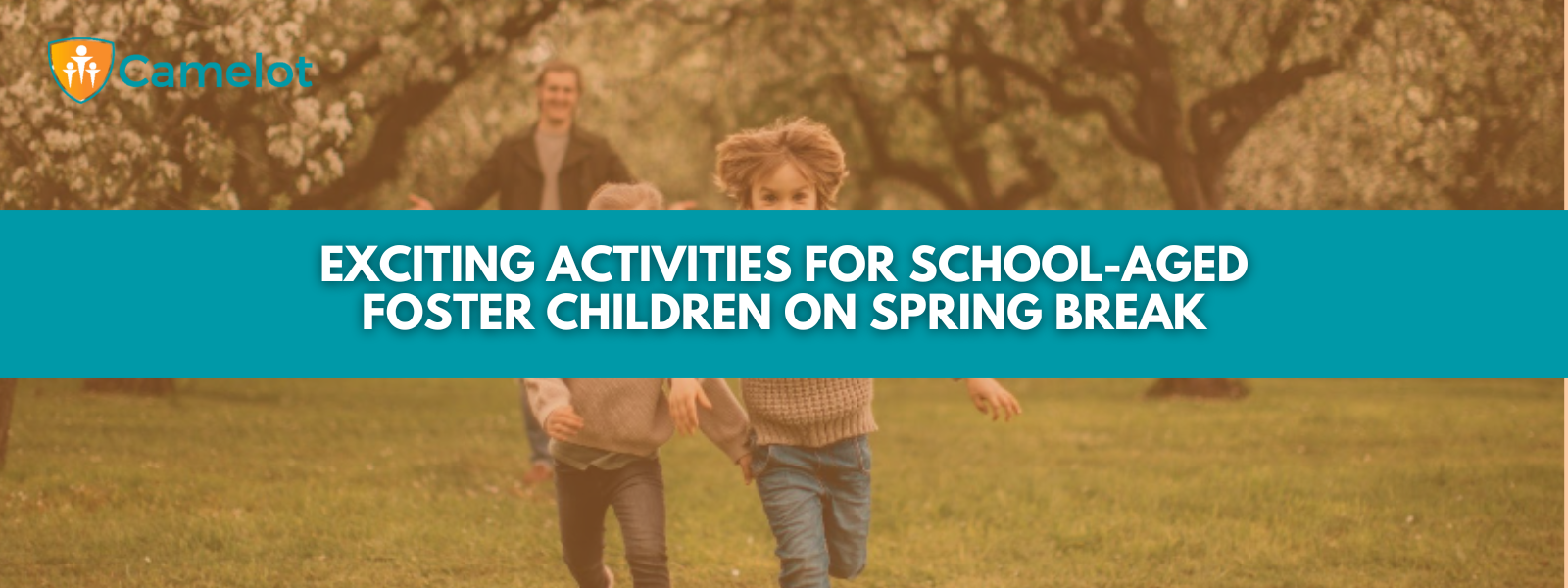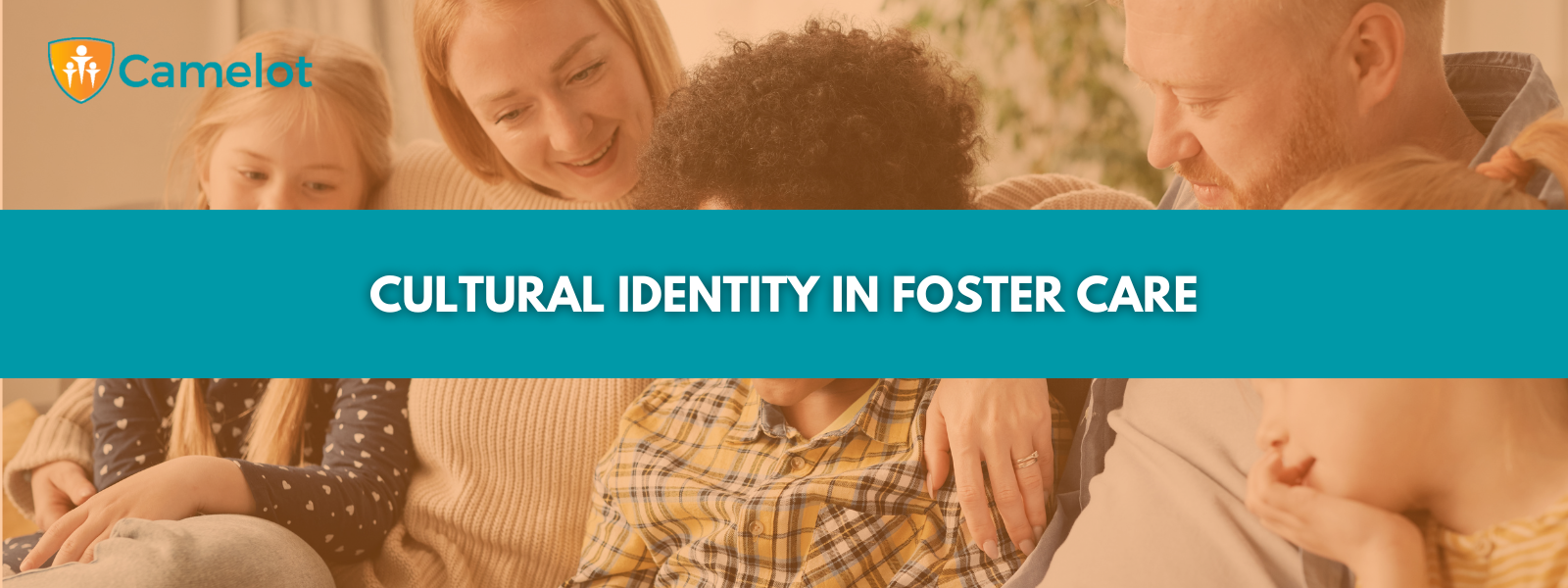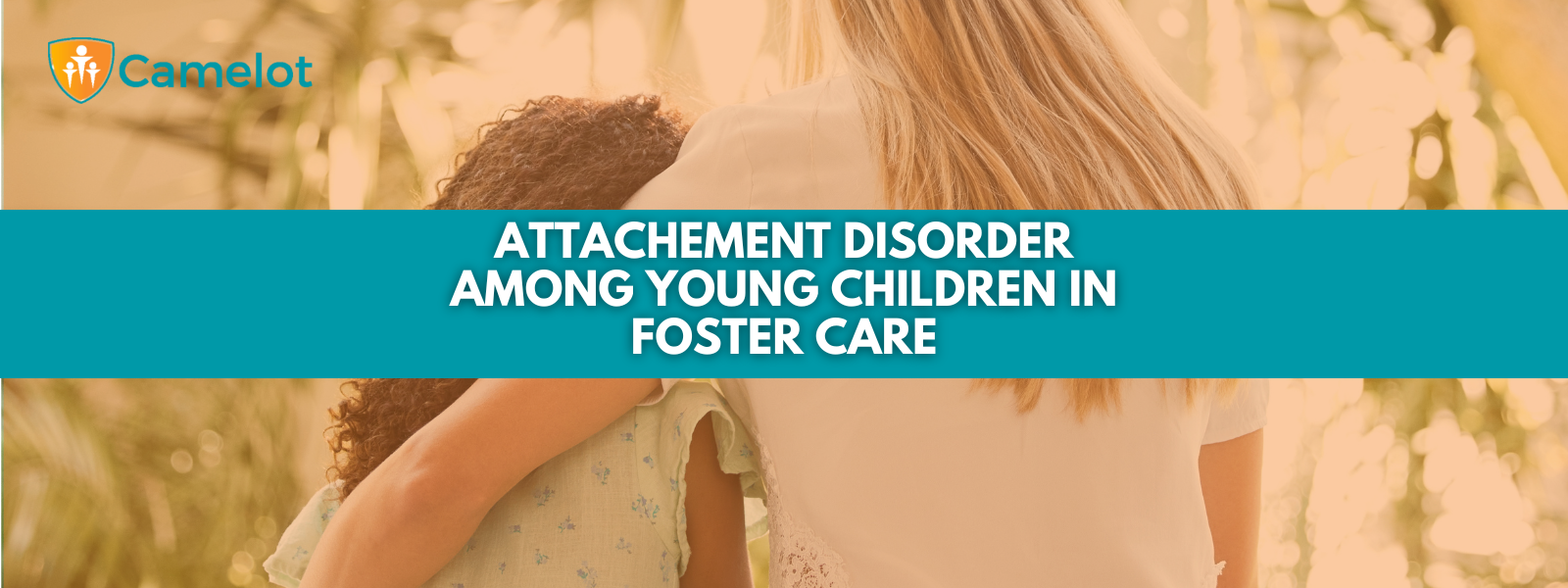The Importance of Children's Mental Health Awareness Month
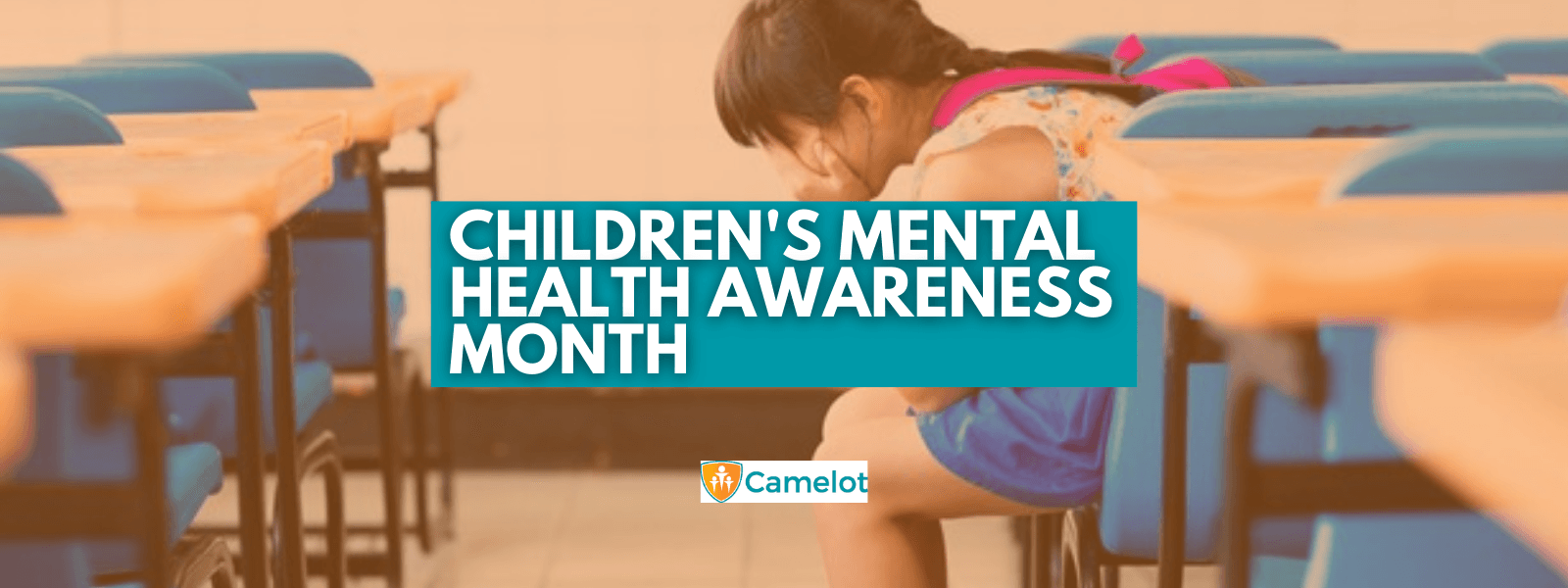
May is Children's Mental Health Awareness Month
Children's Mental Health Awareness Month takes place in May. Since 1949, the observance has explored the importance of caring for the mental health of children. Since children's mental health has become progressively more complicated in recent years, these observances have become even more important.
The Purpose of Children's Mental Health Awareness Month
Months like this often work as part of a coordinated effort by advocacy groups to bring attention to issues that are important to them. They will also often work in conjunction with a set "day" — in this case, May 7, which is widely acknowledged as Children's Mental Health Awareness Day. The Substance Abuse and Mental Health Services Administration (SAMHSA) notes that there are more than 1,100 locations and 170 national organizations that hold events in May.
Throughout May, many advocacy groups promote increased awareness of mental health in children as well as resources meant to assist parents, guardians, school leaders, and more. For example, the American Psychological Association is hosting a webinar in May to highlight the need for parents and guardians to have open lines of communication about mental health as well as to provide resources that are available to learn more about kids' mental health.
Mental Health, Children, and the Challenges Posed by COVID-19
Even before COVID-19, an increasing slew of studies noted the rapidly decaying state of the mental health of children in America and throughout the world. According to the Centers for Disease Control, depression rates among kids 6–17 were getting worse. In 2003, 5.4% of kids were diagnosed as depressed. That number hit 8.4% in 2012. Those numbers hit 13% by 2017 and were continuing to rise.
Noticeably, life seemed to be harder for teenage girls, who were more likely to be diagnosed with depression or anxiety disorders than boys. Indeed, according to one study, one in five teenage girls suffered from a major depressive episode—an exceptionally high number.
Even though the rates of depression among adults also increased during this period, they did not grow at the same rate, which means that kids were rapidly becoming more likely to suffer from depression than adults.
Sadly, when it comes to treatment, not all kids have access to the same resources. According to one survey, 59% of all kids who experienced a major depressive disorder did not get the treatment they needed. If children suffering from depression do not get treatment, the chances of them developing it as adults increases, thus making it more important than ever that kids receive the treatment they need.
Of course, 2020 was no ordinary year, and the rates of mental illness among kids and teenagers went through the roof during this time.
According to one survey, 72% of kids showed a decline in emotional well-being as a result of the pandemic, forcing many to seek counseling services. As was widely reported in multiple media reports, kids were more likely to suffer from depression, anxiety, and suicidal ideation during this period. During this period, the National Suicide Prevention Hotline received more calls, with adolescents being at least part of the reason why. Also, emergency room visits for mental health reasons increased, with teens being at least partly responsible for these increases.
What You Can Do
While the subject of kids and mental health is difficult, there is good news. Parents who are engaged and have conversations with their kids can help monitor their emotional state and address any problems before they get too severe.
The most important thing any parent can do is keep the lines of communication open with their children. This means that you should speak with them regularly and build trust with them. It allows them to understand that they have an adult they can speak with if they are feeling anxious, scared, depressed, or concerned about hurting themselves.
A parent should also be explicit about discussing mental health with their kids, including his or her own mental health. This helps normalize the subject and makes children aware that there is nothing wrong with discussing their feelings. Furthermore, parents should discuss prioritizing mental health, self-care, and the need to proactively manage stress. This can help teach kids healthy habits at a young age.
Sometimes, treatment might be necessary. The idea of mental health treatment should be normalized, and kids should be taught that there is nothing wrong with seeking help for mental illness.
If you live in the Tennessee area and find that you or your child needs assistance with mental health or behavioral health services, make sure to check out Camelot Care Center. We offer a wide array of services, including substance use and family counseling services. Don't wait for a problem to reach a crisis point. Call today to learn how we can help you, your teen, and your family.
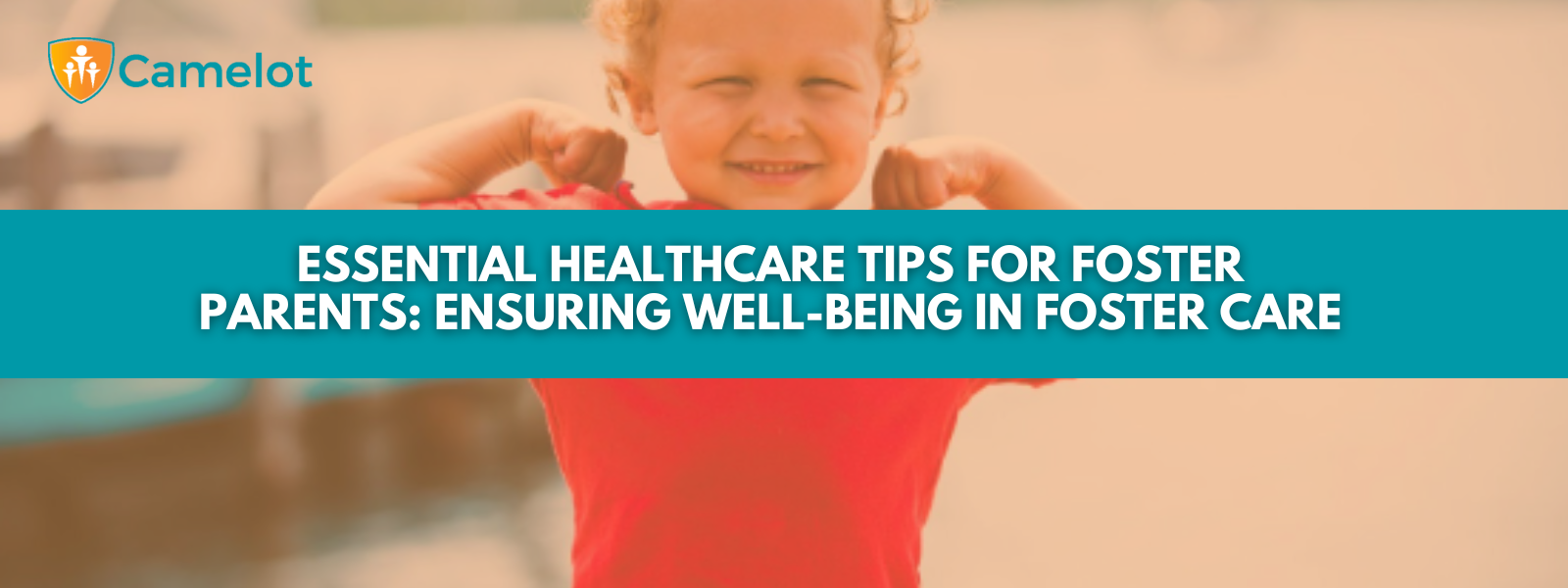
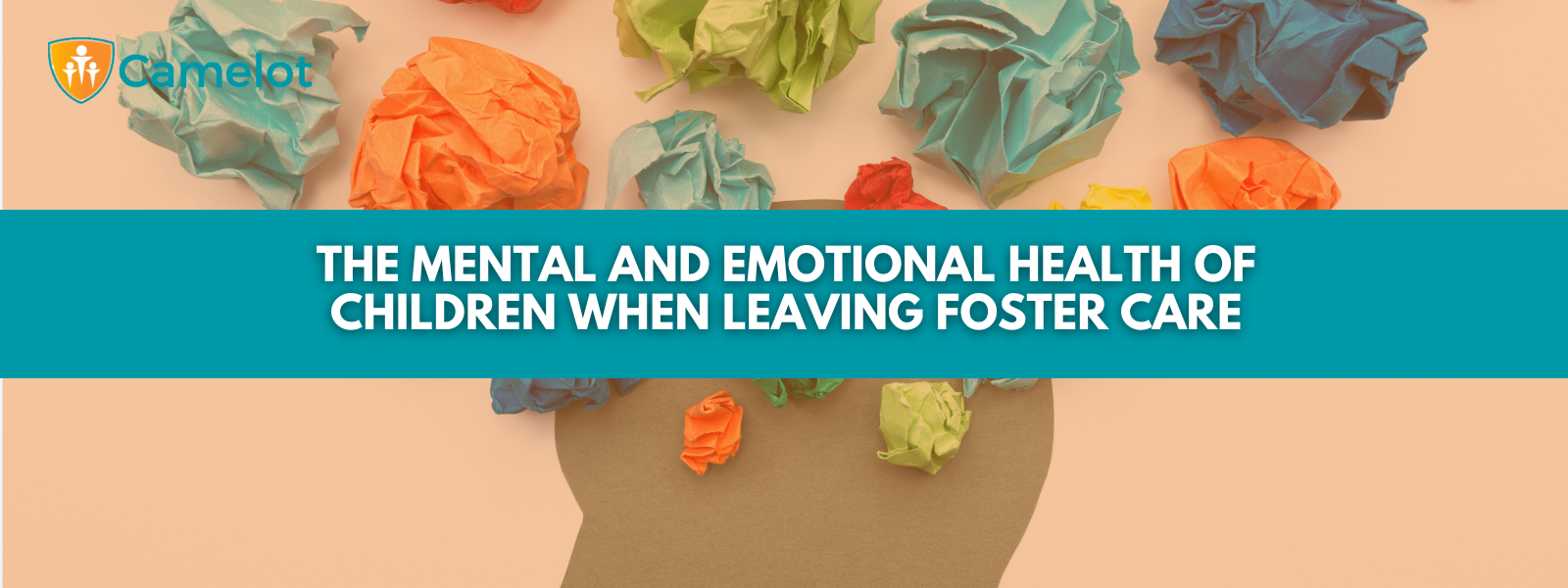
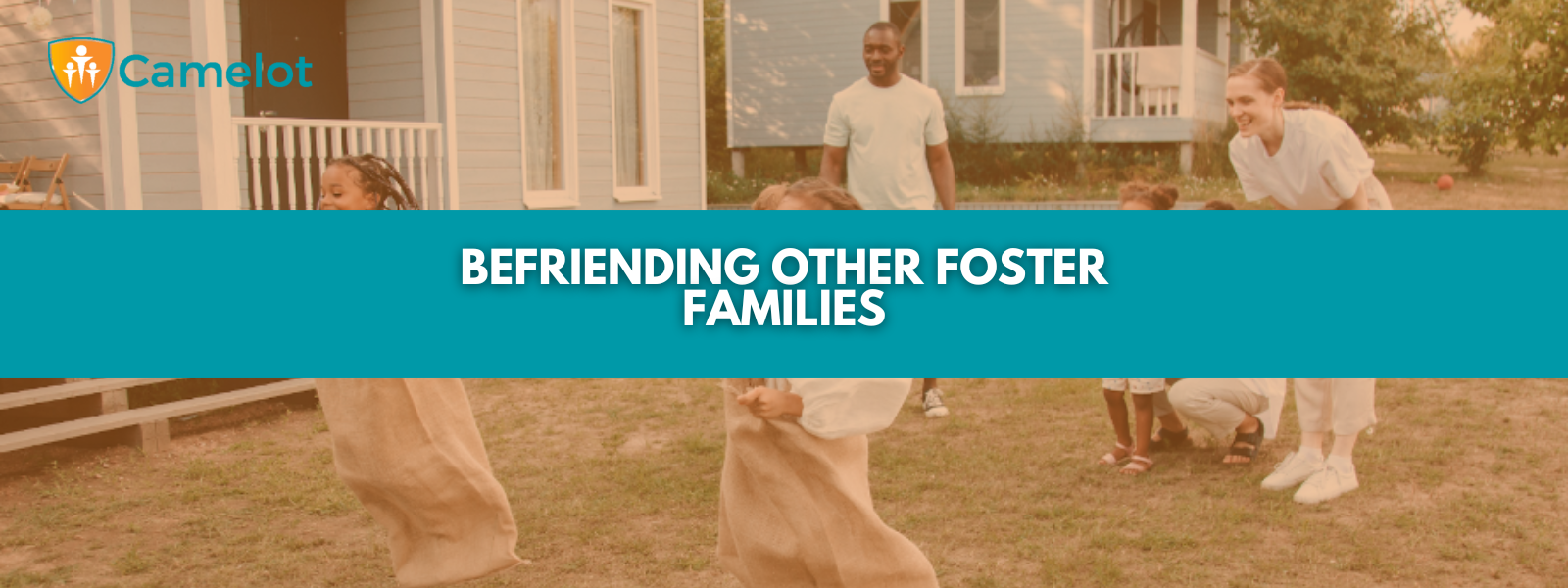

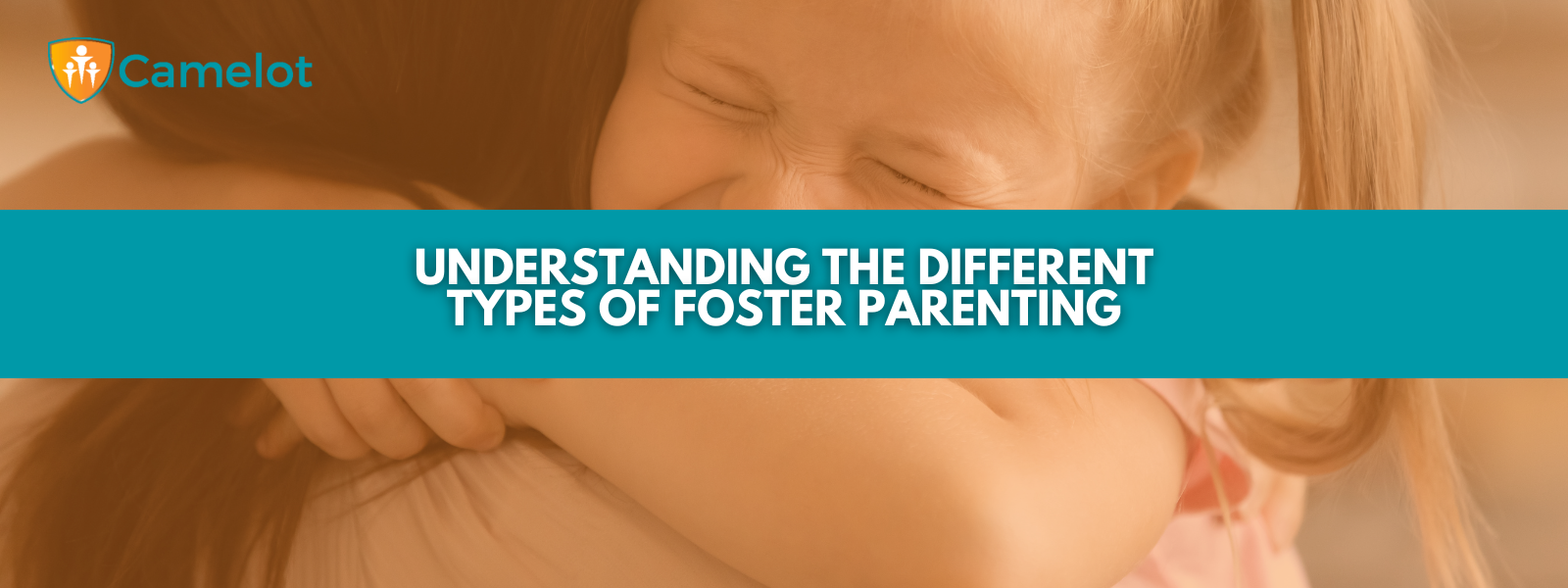
Camelot Care Centers

